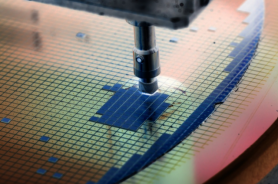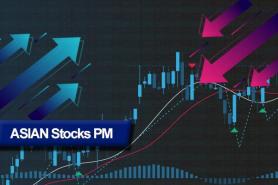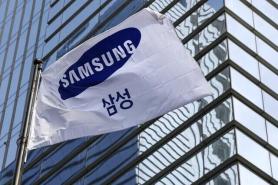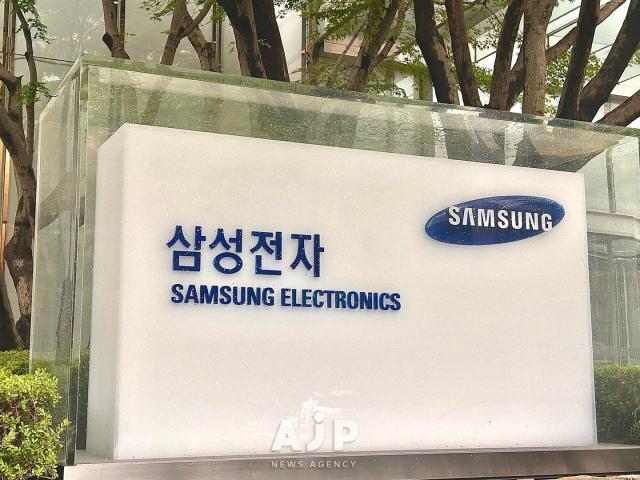
While Samsung declined to name the buyer, Tesla CEO Elon Musk revealed shortly after that the contract involves the production of the automaker’s next-generation AI chipset.
The agreement, which spans from July 24 through the end of 2033, runs more than eight years and accounts for 7.6 percent of Samsung’s projected 2024 revenue.
Analysts see the deal as a major step forward in the South Korean firm's bid to revitalize its struggling foundry business and narrow the gap with industry leader Taiwan Semiconductor Manufacturing Company (TSMC).
“This is a critical turning point for Samsung’s foundry operations,” said Lee Min-woo, a semiconductor analyst at NH Investment & Securities. “Not only is the size of the contract significant, but it also signals that top-tier customers are increasingly willing to diversify away from TSMC.”
Samsung’s foundry division, which manufactures custom chips for clients, has reported a string of losses in recent quarters as it struggled to keep pace with TSMC’s dominance in advanced chipmaking.
The Taiwanese rival holds a commanding lead in the production of high-performance chips used in artificial intelligence, mobile devices, and automotive applications.
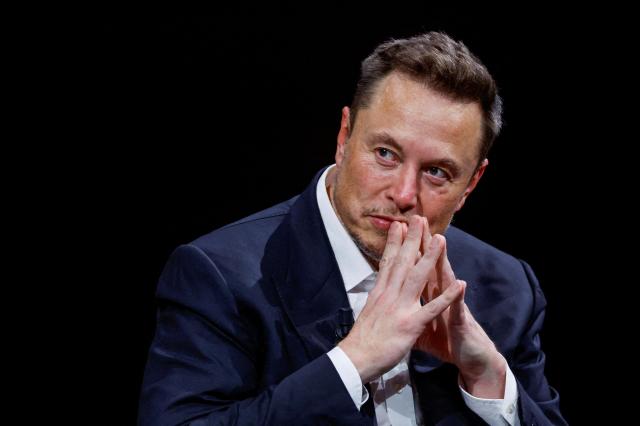
Samsung's shares closed at 70,400 won on Monday, climbing 4,500 won, or 6.83 percent, from the previous trading day.
It was the first time Samsung's stock had finished above 70,000 won in roughly 11 months since Sept. 4 of last year, when its closing price was exactly 70,000 won.
The identity of Samsung’s client had been withheld for confidentiality reasons, but Musk confirmed on his social media platform X (formerly Twitter) that Samsung will manufacture Tesla’s upcoming “AI6” chip at its new Texas facility.
“Samsung’s giant new Texas fab will be dedicated to making Tesla’s next-generation AI6 chip,” Musk wrote. “The strategic importance of this is hard to overstate.”
Tesla currently relies on Samsung for production of its AI4 chip, while the AI5 — which Musk said just completed design — will be fabricated by TSMC, initially in Taiwan and later at its Arizona plant.
The AI6, expected to debut between 2027 and 2028, is aimed at delivering up to 6,000 trillion operations per second (TOPS), more than double the peak performance of AI5.
Musk added that Tesla would be closely involved in optimizing manufacturing at Samsung’s U.S. fab.
“Samsung agreed to allow Tesla to assist in maximizing manufacturing efficiency. This is a critical point, as I will walk the line personally to accelerate the pace of progress,” he said. “And the fab is conveniently located not far from my house.”
Beyond Tesla vehicles, the AI6 chip is expected to play a central role in a broader range of Tesla products, including its autonomous robots, such as the Optimus humanoid.
Industry observers say the deal not only bolsters Samsung’s credentials in the race for next-generation AI chips, but also reflects a growing push by companies to diversify their supply chains amid rising geopolitical uncertainty and capacity constraints in Taiwan.
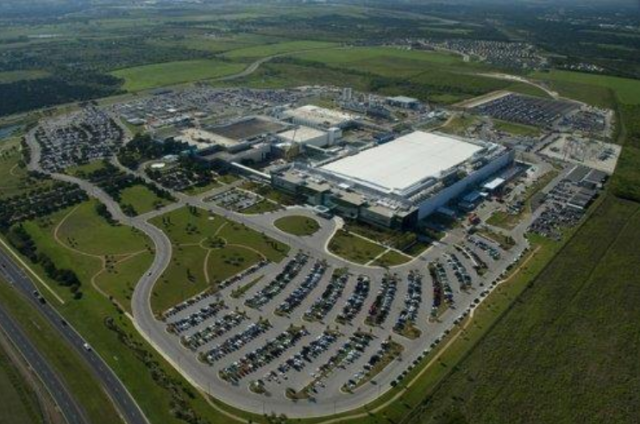
Copyright ⓒ Aju Press All rights reserved.


